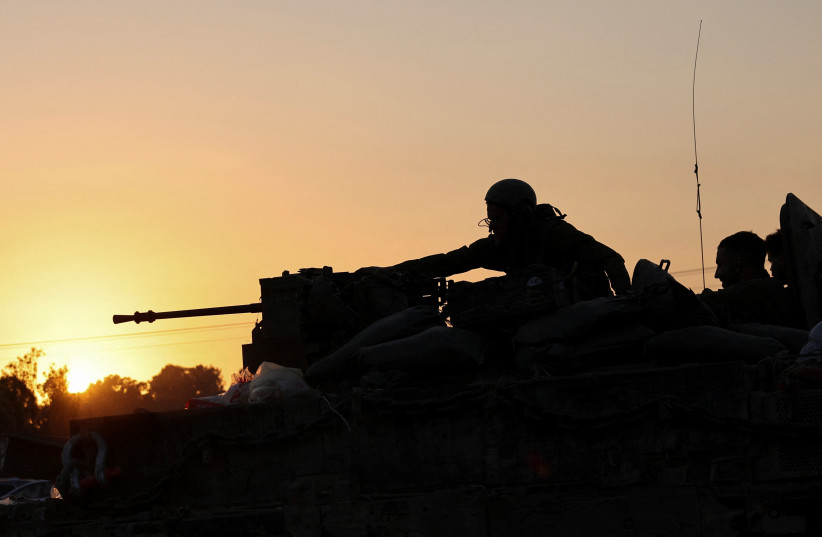An Israeli soldier died on Tuesday after suffering from what appears to be a rare fungal infection he developed after being wounded in Gaza more than two weeks ago. The soldier’s death, along with other fungal infections among hospitalized soldiers, has sparked panic in the media. Experts say that the cases do not mean that Israel will face an epidemic of fungal infections.
For more stories from The Media Line go to themedialine.org
“There is no need to panic,” Professor Nadav Davidovitch, director of the School of Public Health at Ben-Gurion University, told The Media Line. He said the Israeli health system was monitoring the situation to see whether there was any pattern among the soldiers who had suffered fungal infections after being wounded in Gaza.
Davidovitch stressed that infections of this sort often develop after open wounds are exposed to a war zone environment for a prolonged amount of time.
Like in previous wars, he said, “We have cases of soldiers who are being severely wounded, who are also in an environmental situation where the wound can be infected and may take time for them to be evacuated into a medical facility.”
He noted that the soldier who recently died had been severely wounded. “This situation can increase the risk for infection, especially if you are in a war field,” he said.

Israel’s Health Ministry stated on Tuesday that multisystem injuries of this type also damage the immune system, increasing the risk of developing infections.
Israel's Health Ministry response
“This is a phenomenon known to the medical world and it also occurs in cases that are not military injuries,” the Health Ministry wrote in the statement. “In severe and complex injuries in the field, there may be infections originating from the soil, but this is not a new phenomenon that is characteristic of the Gaza Strip.”
The ministry also wrote that the health care system is devoted to treating the large number of soldiers who have been wounded in the war, some of whom are facing very complex injuries.
Davidovitch noted that about 10 soldiers developed unusual infections, including the soldier who died. He reiterated that the situation was not out of the ordinary. “We need to be alert, but I think there is a bit of panic and confusion between these kinds of events and the sanitary situation in Gaza,” he said.
The Media Line reached out to the Coordinator of Government Activities in the Territories (COGAT), the Israeli government body responsible for Palestinian civil affairs. COGAT, which has a team devoted to assessing the health situation in Gaza, noted that although the sanitary conditions in the Gaza Strip are currently not optimal, there is no sign of an epidemic.
Davidovitch said that the unsanitary conditions in Gaza could lead to an outbreak, potentially involving respiratory or gastrointestinal diseases.
“There are no epidemics of fungi,” he said. He explained that fungal infections spread through direct contact, usually with dirt. Severely wounded or immunocompromised people are the most likely to be affected, he said.
He stressed the importance of bringing wounded soldiers to medical facilities as quickly as possible to avoid this kind of infection, noting that the Israeli military and medical corps are doing a good job compared to previous wars.
Israeli health authorities are paying attention to the infections and will hold a meeting next week to compare the existing cases and determine the type of fungi and whether it is unique to Gaza.
The meeting will be attended by epidemiologists from the Israeli military and representatives from the Israeli Society for Infectious Diseases and the Public Health Division, which are both part of the Israeli Medical Association. The goal of the meeting, Davidovitch said, “is to discuss and have full details and agree on how this should be dealt with.”
